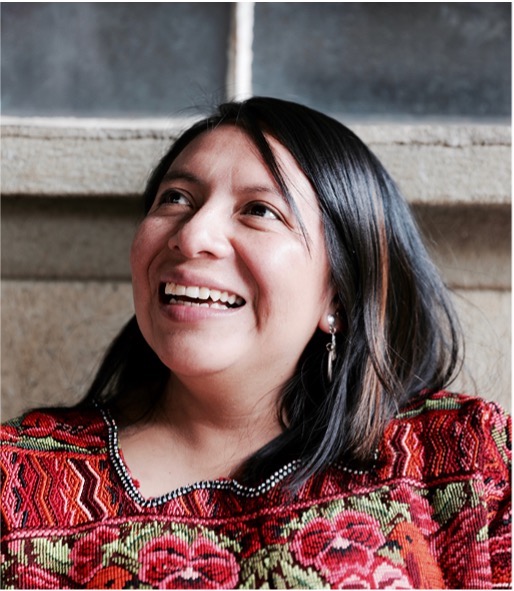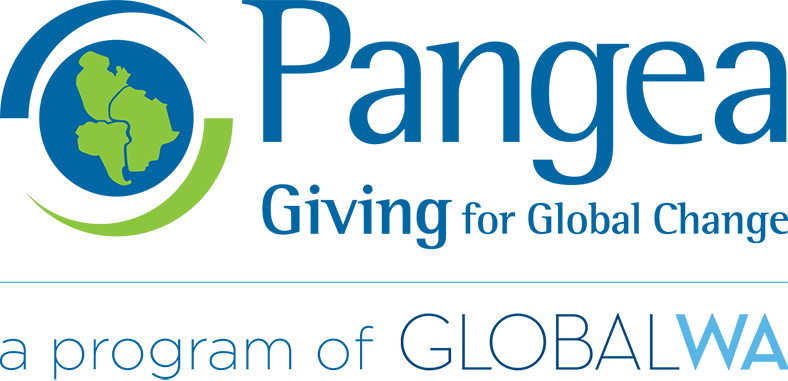Pod advisor profile: Elvia Raquec
Our new pod advisors program was launched recently with three experienced alumni partners who are sharing their perspectives with us. We’re pleased to introduce Elvia Raquec, our first advisor. Stay tuned in the coming months for profiles on our other two advisors, Joshua Machinga and Wendo Aszed.

Elvia Raquec is the program director for Women’s Justice Initiative (WJI), from which she oversees an array of women’s rights programs in indigenous Guatemalan communities. She has broad experience working in rural communities on projects related to human rights, reproductive health, local development, among other issues, all of them aligned with a gender equity perspective.
She is the oldest of five siblings, raised in a Mayan Kaqchikel community in Chimaltenango, Guatemala. After overcoming many obstacles, from gender stereotypes to economic hardships, she studied at Rafael Landivar University in Guatemala, from which she holds a B.A. in social work.
Elvia’s trajectory has gained international attention. In 2015, she was recognized as a Fellow of Centroamérica Adelante, a leadership development program that supports high-impact leaders driving change in the region. And in 2018, she received the Women’s World Summit Foundation Prize for Women’s Creativity in Rural Life for her work promoting Maya women’s rights.
We are proud to have Elvia as one of our pod advisors. Her experience and perspective will enrich our grant-making process, as well as the way we approach and engage with our partners for the years to come. Here are some thoughts that Elvia shared with us recently:
What motivates you to center your work on women’s rights?
Many reasons motivate me to focus my work, or my contribution, on women’s rights. Since I was a child, I was taught that women are only there to marry, support their husbands, and have children. This was a message that I constantly heard while I was growing up. I always said, “I am going to prove to all of these people that this is not the case, that women also have the right to study, hold important positions and participate fully in society.”
After many obstacles, I proved that I am also good at studying. And so I became the first woman in my community to graduate from the university. And, unlike many young women, I did not get married at an early age because it was the only option. After setting this example, I started working with organizations that promote gender equality, delay early unions, or prevent violence against women, to be able to speak to girls and women about their rights, so that they can assume them with absolute freedom, and are able to exercise and defend them. So that tomorrow there will be no more girls and women whose rights are being violated.
What are some of the challenges faced by indigenous communities/Latin American communities that you think don’t get enough attention from international donors?
There are several challenges, but the most pressing are: Inequality, social exclusion, access to justice, marginalization, and discrimination. Furthermore, the indigenous population is not among the priorities for countries like Guatemala. As a result, access to services is denied. Currently, few organizations work directly with this population and offer their services in native languages. These communities are also territorially isolated, and being in far corners of their countries does not help them be prioritized either. In addition, indigenous communities are seen as the face of the country’s underdevelopment. Women, in particular, are the most vulnerable and do not receive much attention.
